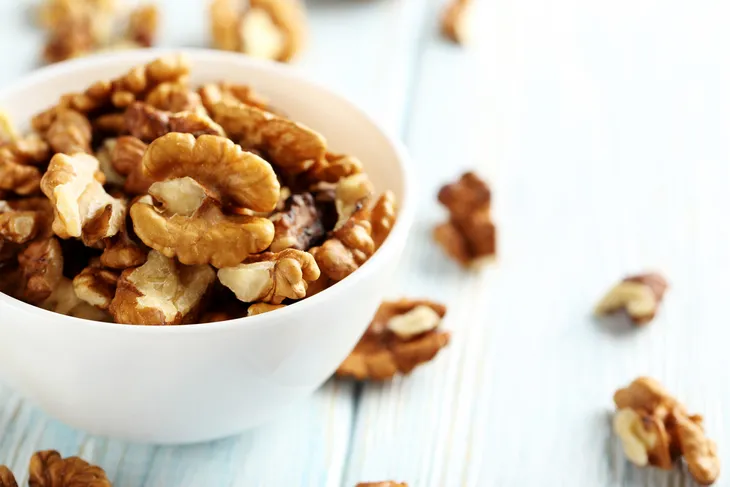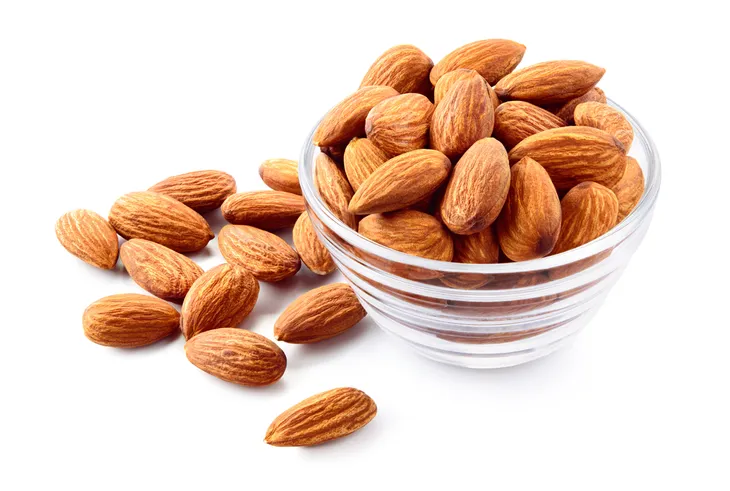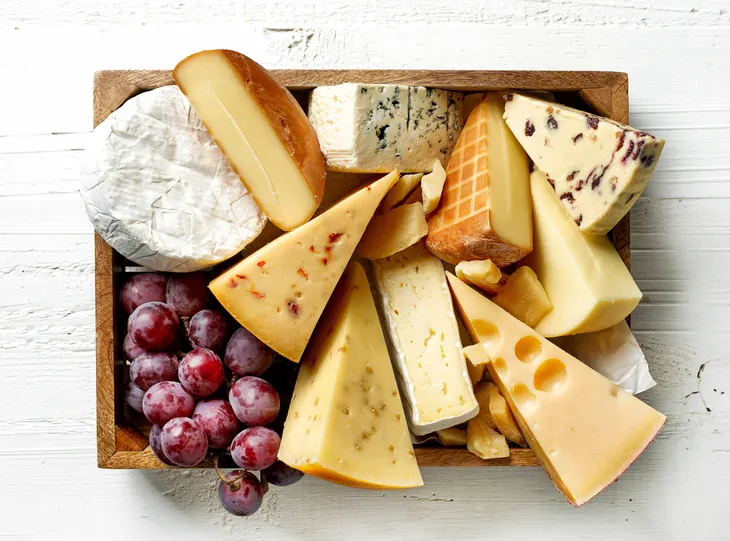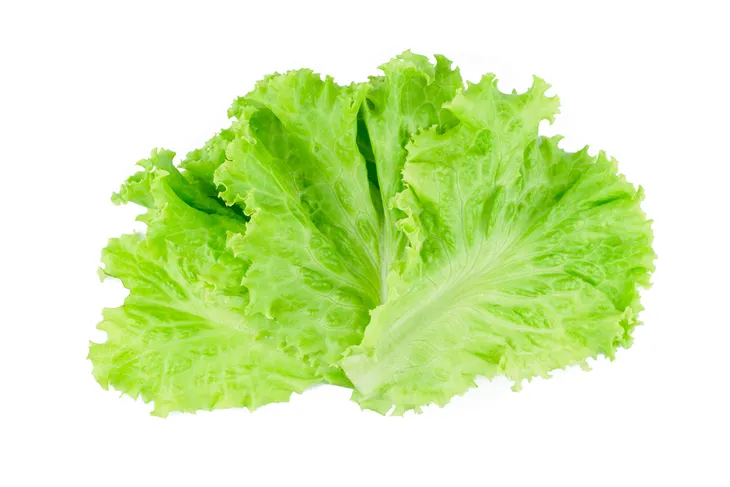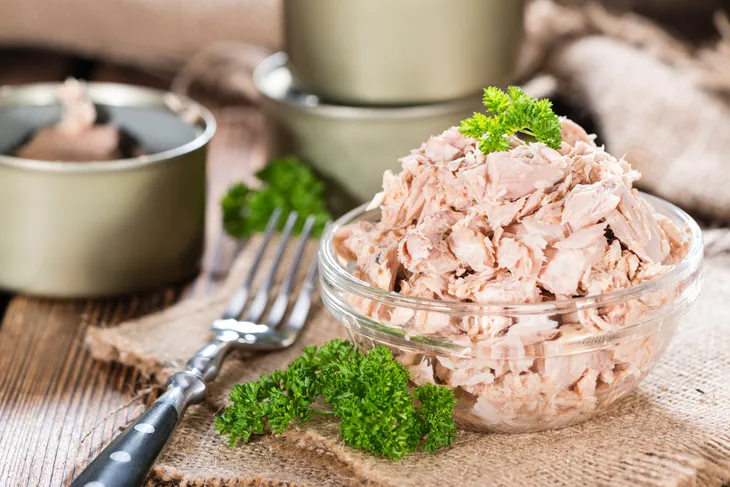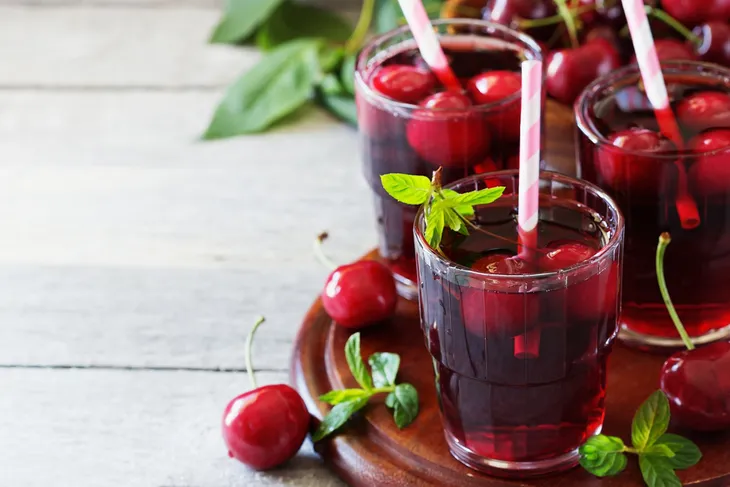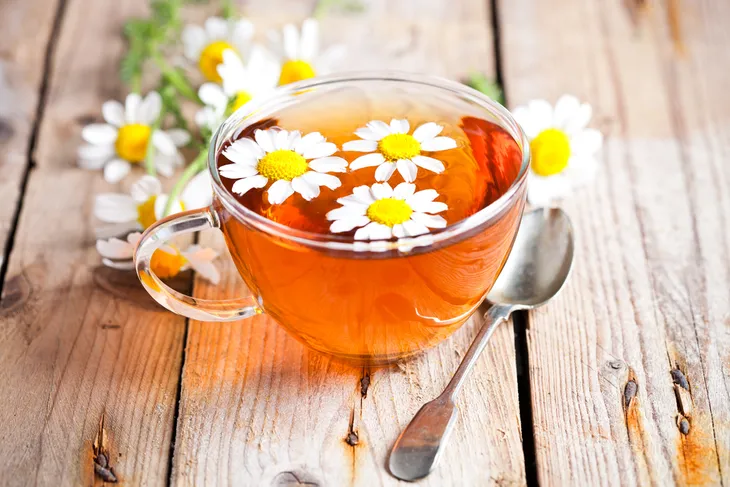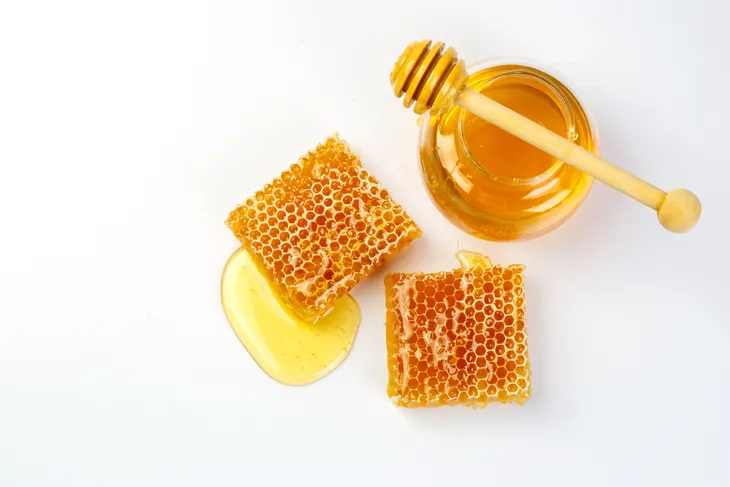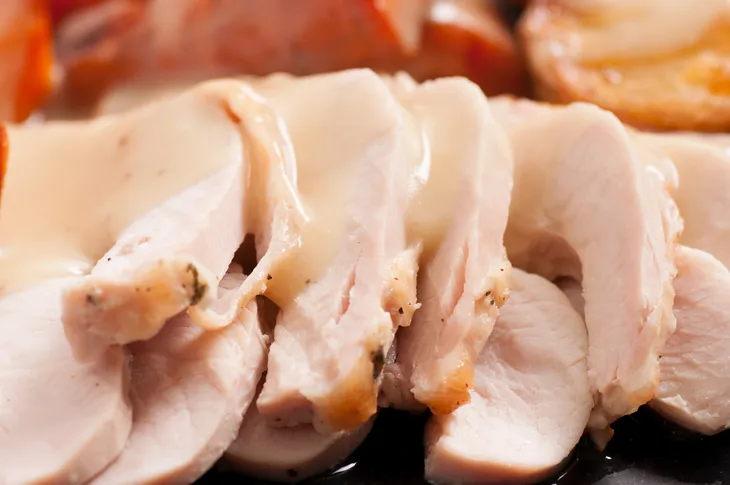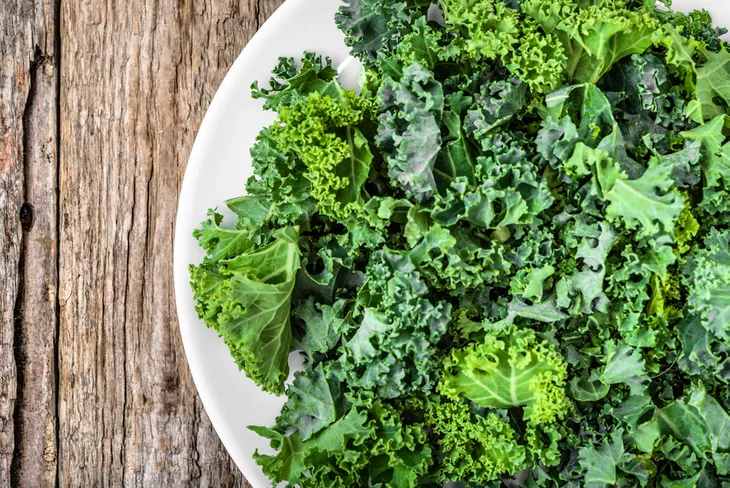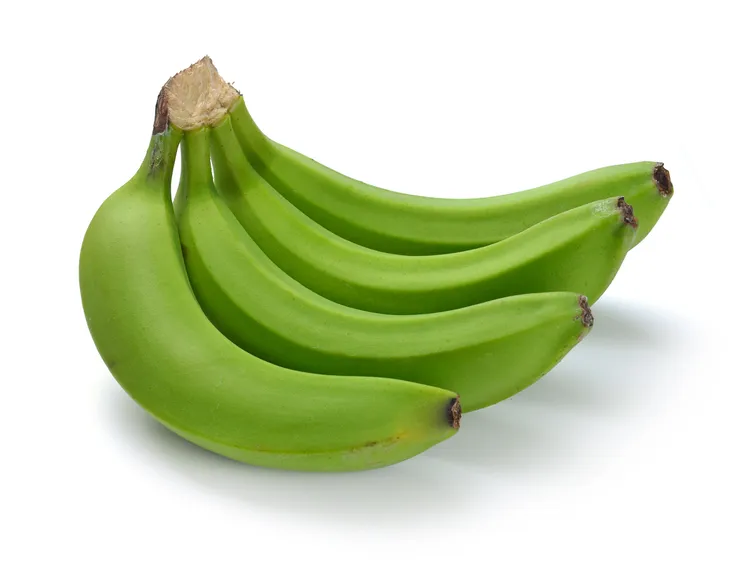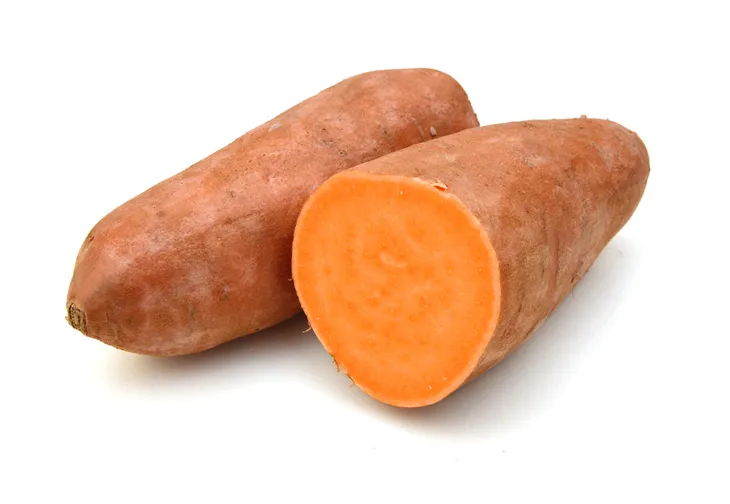There’s no denying the importance of a good night’s sleep. Failing to get a full seven to eight hours of rest can leave one feeling irritable, distracted, and above all exhausted. But that’s not all—many studies have shown that people who regularly get less sleep than they should be getting are at an increased risk of high blood pressure, stroke, obesity, and diabetes.
Thankfully, there are ways to fight insomnia and it starts with your diet. There are foods that can increase melatonin levels and make it easier to get a solid night’s sleep, including these…
Want diet & nutrition content delivered straight to your inbox? Sign up for our exclusive diet & nutrition newsletter!
Walnuts
The walnut is one of the best foods you can eat right before bed. That’s because eating walnuts causes the human brain to secrete melatonin, the chemical responsible for regulating the body’s internal clock. Research has shown that walnuts contain enough melatonin to have a substantial impact on anyone currently struggling with sleeplessness.
Of course, it’s worth noting that walnuts alone can’t cure a serious bout of insomnia. If you find yourself tossing and turning for hours at a time more than once or twice a week, you should consult your doctor.
Almonds
Almonds, which contain lots of protein and taste delicious, are a great snack at any time of the day (and they make a particularly great addition to any trail mix). But they’re especially effective right before bed, as they contain the sleep-enhancing amino acid known as tryptophan. Almonds are also a good source of the nutrient magnesium, which has been shown to naturally relax our muscles and encourage a solid night’s rest.
So, if you’ve been struggling with sleep in recent days, reach for a handful of almonds shortly before going to bed.
Cheese
There’s no denying that cheese—if consumed in excess—can be a poor choice when trying to maintain a healthy body weight. But if eaten in moderation it’s actually a very nutritious food and it can actually help us get a good night’s sleep.
The key is tryptophan, an amino acid that can be found in cheese. Tryptophan helps the human body produce serotonin, which helps regulate mood and can assist in making us fall asleep. That said, keep your pre-bed cheese snack to a single serving because fat – of which there’s a lot in cheese – can take a long time to digest.
Lettuce
Lettuce is always a healthy food choice when trying to maintain a healthy body weight, but it’s a particularly wise choice when battling insomnia. That’s because lettuce contains lactucarium, a substance with sedative powers.
There are many ways you can consume lettuce before bed. You can try a sandwich that’s heavy on the lettuce and low on meat, or you can make a light salad with other foods shown to help promote sleep (like walnuts, almonds, and cheese) – just make sure to skip the high-fat dressing.
Tuna
Like many of the other items on this list, tuna is a healthy diet choice that’s a great food option any time of the day. But it’s particularly great right before bed. That’s because tuna contains vitamin B6, which is critical in the production of melatonin – the sleep-inducing hormone that naturally comes on once darkness falls.
Just make sure that if you’re eating tuna salad you avoid consuming copious amounts of high-fat mayonnaise right before bed. If you’re not a fan of tuna, other vitamin B6-heavy foods include chickpeas, bananas, and salmon.
Cherry Juice
We all know that cherries are delicious and make an excellent addition to any dessert or smoothie, but research shows they can also help us sleep. In one study people who drank cherry juice on a regular basis slept, on average, 84-minutes longer than people on placebo.
That’s because cherry juice—and especially the tart variety—is an excellent source of both melatonin and the amino acid tryptophan, both of which can help promote sleep. That’s why sleep experts now recommend people struggling with insomnia to drink two glasses of tart cherry juice every day.
Chamomile Tea
Chamomile is a daisy-like herb that’s been used in folk and traditional medicine for centuries. These days it’s often used to help insomniacs get over their sleep troubles. That’s because chamomile tea contains properties that make it a mild tranquilizer and sleep inducer, meaning it’s the perfect before-bed beverage.
As if that’s not enough, chamomile tea has been shown to help with inflammation, muscle pain, menstrual problems, ulcers, skin wounds, gastrointestinal disorders, arthritis, and even hemorrhoids. Maybe that’s why it’s estimated that more than one million cups of chamomile tea are consumed each day.
Honey
Honey is fast becoming one of the most widely applicable foods in the world. Now, new research shows that honey can actually help us get a good night’s sleep.
Recent studies have shown that, for sleep purposes, raw honey contains a perfect balance of fructose and glucose. In essence, this balance helps the liver produce a satisfactory amount of glycogen throughout the day and night, thereby promoting a restful sleep. Many other foods leave our body with less glycogen than it needs in the middle of the night, which can cause us to wake up and then toss and turn.
Turkey
It’s true what they say, a big Thanksgiving turkey dinner will make you sleepy! While some of it might be due to the wine and large amount of food, there’s an actual scientific reason behind why turkey (and milk) makes us tired. It’s because it contains tryptophan, a chemical that causes drowsiness.
Unfortunately, there’s not enough tryptophan that it can be used as a remedy for insomnia or a restless sleep. “You’d have to drink a lot of milk or turkey to have a major effect,” says Russell Rosenberg, Ph.D., CEO of the National Sleep Foundation to Health.com. “[But] if you need a little bit of a push in the right direction [it might help].”
Fish
Fish is a healthy alternative to red meat and it contains ample amounts of vitamin B6 which is what the body needs to make melatonin and serotonin. Fish like salmon, tuna, and halibut are the best sources for this vitamin. If you’re looking for a head start to bedtime, the first step is to eat some fish for dinner! Reader’s Digest notes there are some other foods high in vitamin B6, like pistachio nuts and raw garlic.
Passion Fruit Tea
Reader’s Digest relies on the research from an Australian study for this one, but apparently a cup of passionfruit tea one hour before bed could help contribute to a better sleep. Researchers who took part in the study believe the reason behind why passionfruit tea works is because of Harman alkaloids. There are high levels of this chemical in the flower which affect the nervous system in such a way that makes you feel more tired.
Healthline also contributes to the claim that passion fruit tea helps improve sleep by stating it has many calming properties. This particular tea is used to reduce anxiety because it contains apigenin, an antioxidant that has a calming effect on the brain.
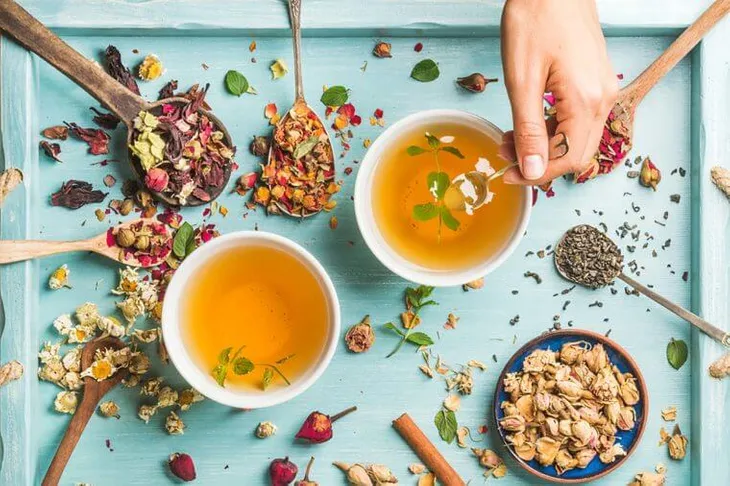 Foxys Forest Manufacture/Shutterstock
Foxys Forest Manufacture/Shutterstock
Kale
The body needs calcium to help the brain create hormones like tryptophan and melatonin which are what allows us sleep at night. Lucky for us, there are lots of food rich in calcium (ex. spinach and mustard greens), and kale is one of them!
EatingWell notes that there’s plenty of research that suggests being calcium deficient affects a person’s ability to sleep.
Bananas
Keri Gans, a registered dietician in New York City and author of The Small Change Diet, told Health.com that bananas are a great snack to have before bed because they help keep you asleep. They contain magnesium and potassium which are natural muscle-relaxants.
Not only do they contribute to a good sleep, but Russell Rosenberg, Ph.D., CEO of the National Sleep Foundation says, “They’re overall health promoters. We need potassium for cardiovascular health and cognitive functioning.”
Sweet Potato
Not only are sweet potatoes a great addition to any meal, they’re apparently great for a good night’s sleep, too! Health.com writes that they “provide sleep-promoting complex carbohydrates, they also contain that muscle-relaxant potassium.”
To enjoy these potatoes as a bedtime snack, Good Housekeeping advises drizzling a baked sweet potato with some honey and a pinch of sea salt, or nut butter.

